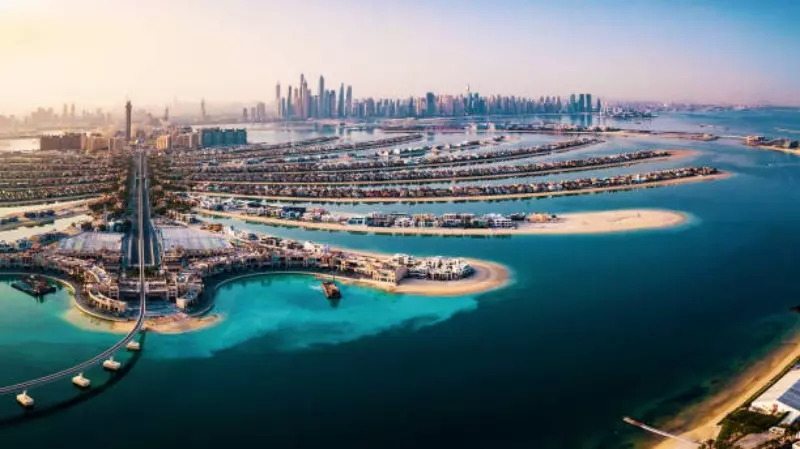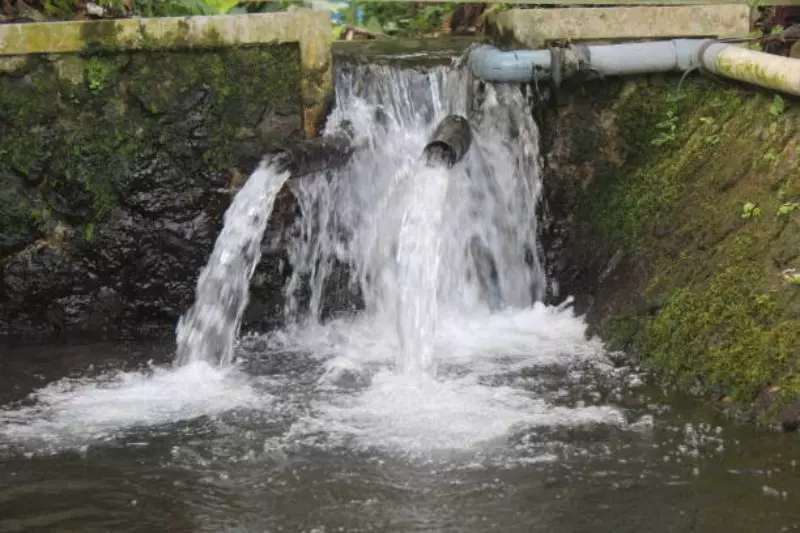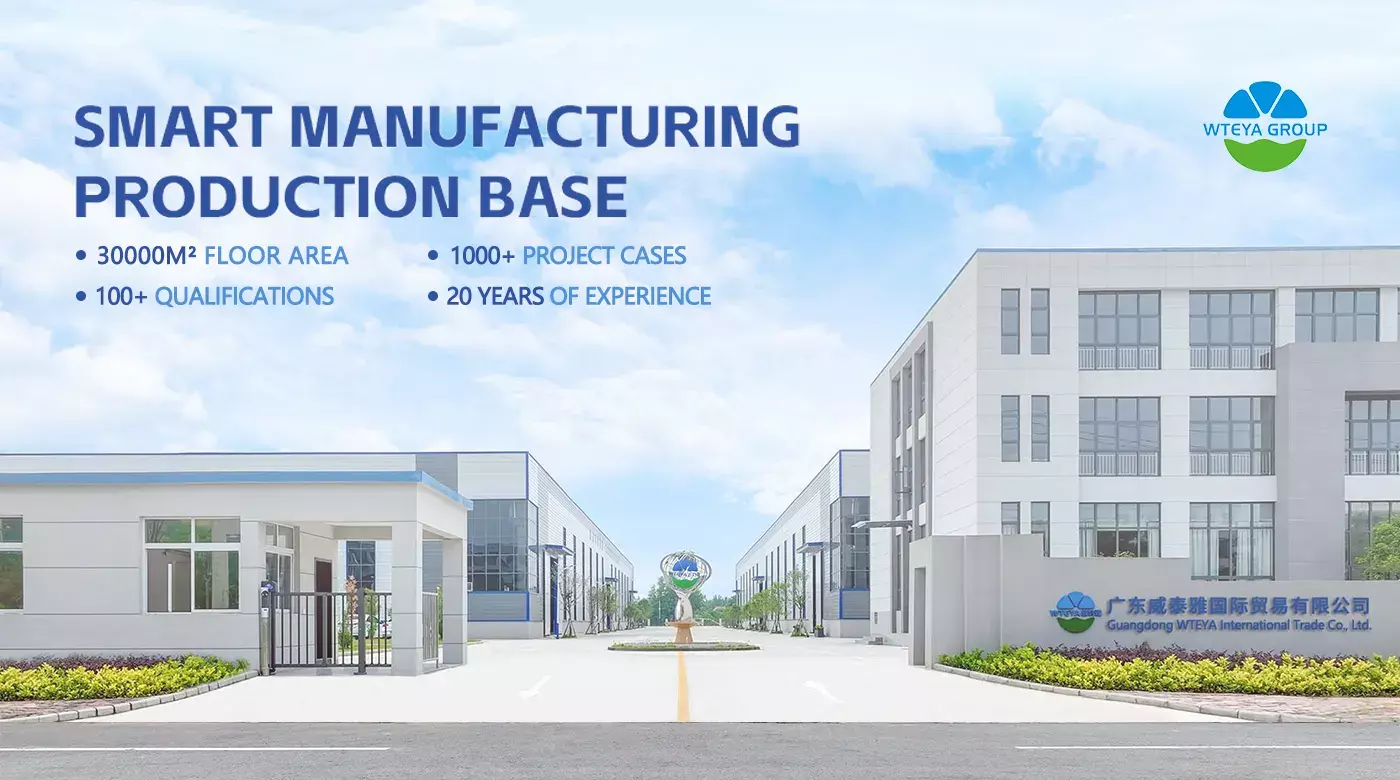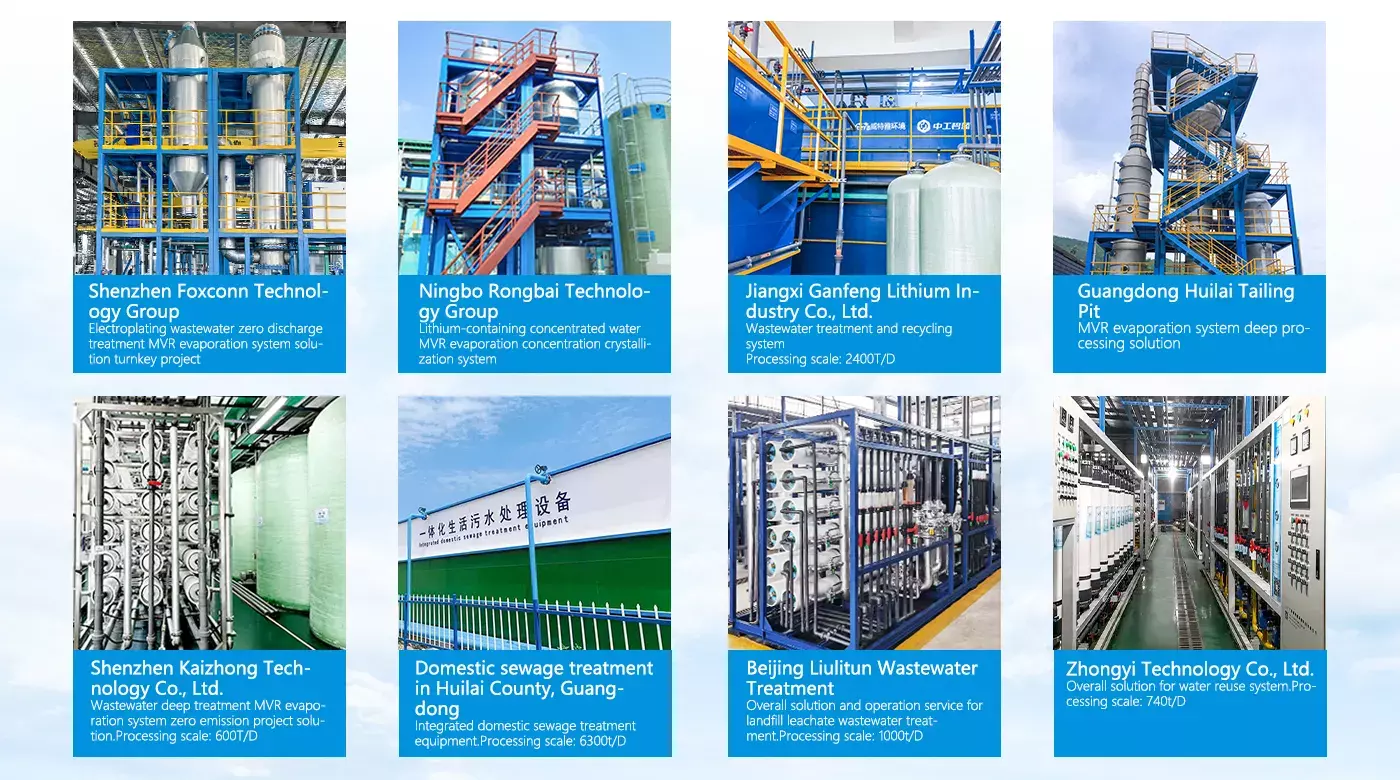Is Seawater Desalination Suitable as a Long-Term Water Strategy for Island Cities?
Under the combined pressures of climate change, water scarcity, and population growth, island cities are increasingly facing freshwater supply crises. Overextraction of groundwater, surface water pollution, and seasonal rainfall patterns make traditional water sources insufficient to meet urban development needs. As a supplementary or even alternative water source, seawater desalination is gradually becoming a strategic option for island regions.
But is seawater desalination truly suitable as a long-term water solution for island cities? This article explores the topic from four perspectives: technology, cost, sustainability, and case studies, while introducing professional integrated solutions provided by WTYEA.
1. Water Challenges in Island Cities: More Complex Than You Think
Compared with inland areas, island cities have a natural geographical advantage—abundant seawater resources—but also face unique water challenges:
-
Uneven rainfall distribution: Rain is concentrated, making storage difficult.
-
Overextraction of groundwater: Leads to saltwater intrusion and water quality deterioration.
-
Difficulty in sourcing external water: Offshore pipelines are costly and vulnerable to weather.
-
Seasonal spikes in water demand: Tourism peaks place continuous pressure on infrastructure.
Relying solely on natural water sources cannot support long-term urban development. Island cities need a structural shift toward a self-sufficient water strategy.

2. Seawater Desalination: A Tailored Water Supply Solution
Seawater desalination removes salt and impurities from seawater, converting it into potable or industrial-use freshwater. Modern desalination technologies primarily include:
-
Reverse Osmosis (RO): Energy-efficient, compact, and fast-starting, suitable for small to medium-scale island water supply.
-
Multi-Stage Flash (MSF) & Multi-Effect Distillation (MED): Stable and suitable for large centralized supply but require high initial investment.
WTYEA’s integrated seawater desalination systems feature high-efficiency RO membranes, intelligent controls, and energy recovery modules, offering the following advantages:
| Advantage | Details |
|---|---|
| Flexible energy options | Compatible with solar, wind, or diesel power |
| Easy installation | Modular design suitable for ports, islands, and offshore platforms |
| Compliant water quality | Meets GB5749-2022 Drinking Water Standards |
| Intelligent operation | Remote monitoring for 24h automatic operation and fault alerts |
| High customization | OEM/ODM solutions based on water demand and energy conditions |
3. Economic Analysis: Long-Term Cost Benefits
Although desalination involves higher initial investment than traditional water sourcing, it offers significant long-term advantages:
-
Stable, controllable water costs: Seawater is virtually unlimited; costs are predictable and independent of rainfall or external water policies.
-
Long equipment lifespan: Core components of WTYEA systems last 15–20 years, with only routine maintenance needed afterward.
-
Renewable energy integration: Systems can be coupled with solar or wind power, significantly reducing electricity costs.
-
Avoids water transport costs: For islands reliant on ship-delivered water, long-term costs are much higher than building a desalination facility.
Studies indicate that modern RO systems can reduce water production costs to $0.5–1.2/m³, making desalination economically feasible for many islands with high water prices.

4. Sustainability & Environmental Impact: Is Desalination Green?
Environmental protection is crucial for island cities. WTYEA desalination systems demonstrate green advantages:
-
Zero chemical additives: Pre-treatment uses eco-friendly scaling prevention and automatic cleaning systems.
-
High energy efficiency: Built-in energy recovery reduces carbon footprint.
-
Optimized brine disposal: Diffusers or brine reuse minimize marine ecological impact.
-
Renewable energy integration: Compatible with solar power for a green water-energy solution.
Conclusion: Building a “Second Water Source” for the Future
For island cities, seawater desalination is no longer just an emergency measure. It is a key component for restructuring urban water supply, enhancing water security, mitigating climate risks, and supporting sustainable development. WTYEA provides efficient, eco-friendly, and sustainable desalination solutions for islands, coastal areas, and water-scarce regions worldwide. We welcome project partners to collaborate with us on next-generation smart water systems.
Why Choose WTEYA Group?
WTEYA is a trusted brand with over a decade of experience in delivering high-efficiency water treatment solutions. We’ve successfully served well-known clients such as Foxconn, Huawei, Ganfeng Lithium, and Ronbay Technology, completing over 100 industrial projects with a strong reputation for reliability and customer satisfaction.
We support both OEM & ODM customization, offering tailored solutions to meet your unique operational needs.

WTEYA Is Now Looking for Global Distributors!

Join us! As a trusted brand with 16 years of expertise, WTEYA offers attractive partnership policies, professional training, and comprehensive technical support. We’re committed to growing with you.
📧 Email: info@wteya.com
📱 WhatsApp: +86-1800 2840 855
Let WTEYA help you achieve unparalleled water quality and operational efficiency!







